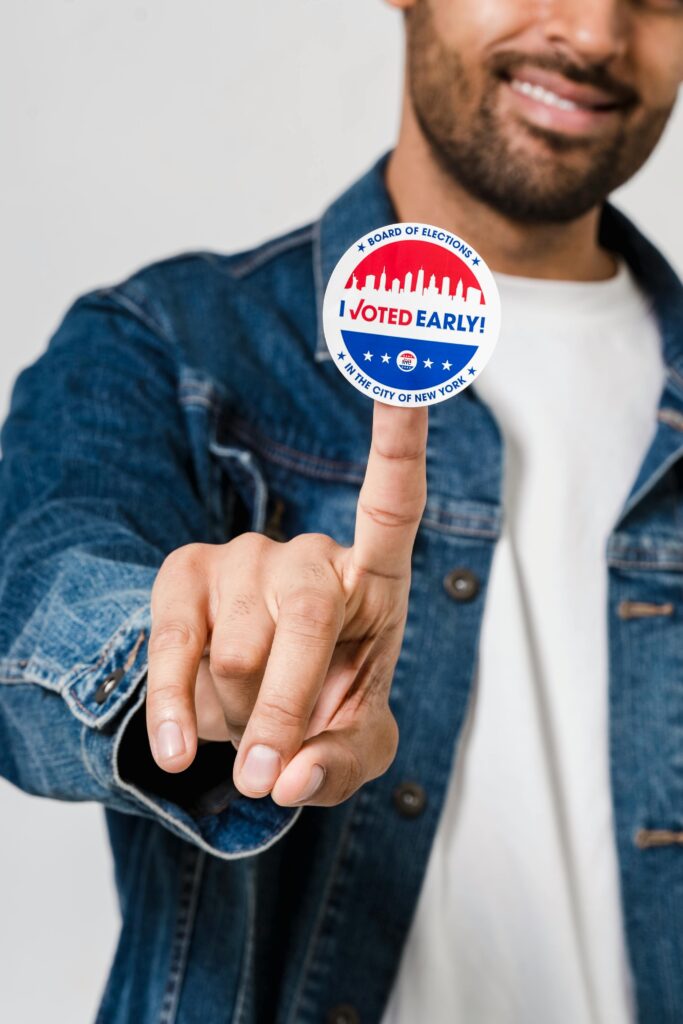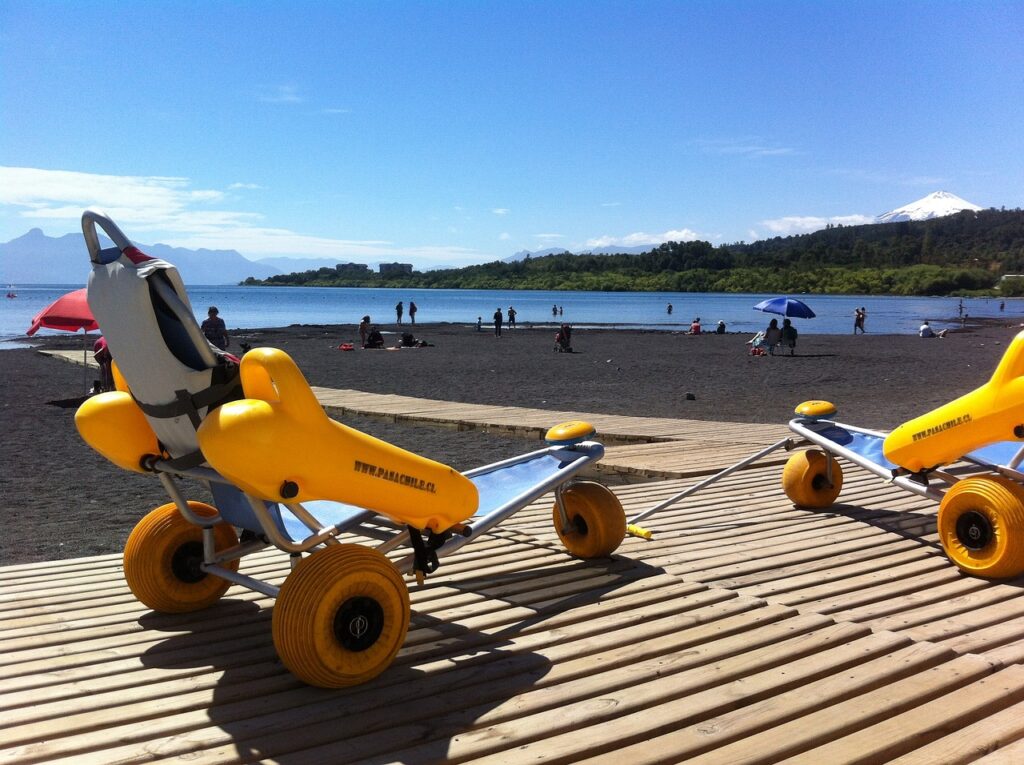
Frances Ellen Watkins Harper in 1875 noted that one of the things missing from US society was “a keener and deeper, broader and tenderer sense of justice—a sense of humanity, which shall crystallize into the life of the nation the sentiment that justice, simple justice, is the right, not simply of the strong and powerful, but of the weakest and feeblest of all God’s children.”
How might we work to make justice available to all?




